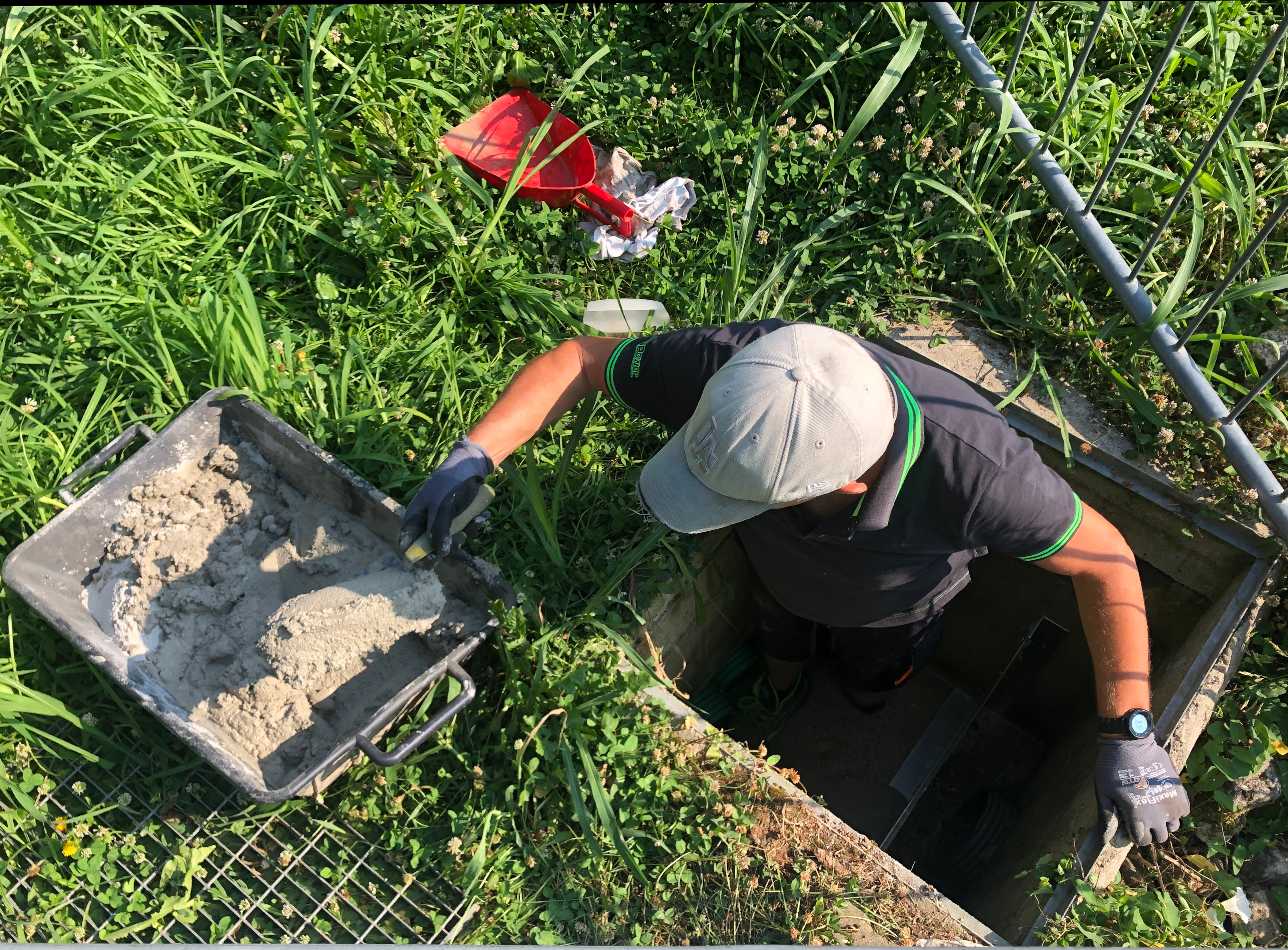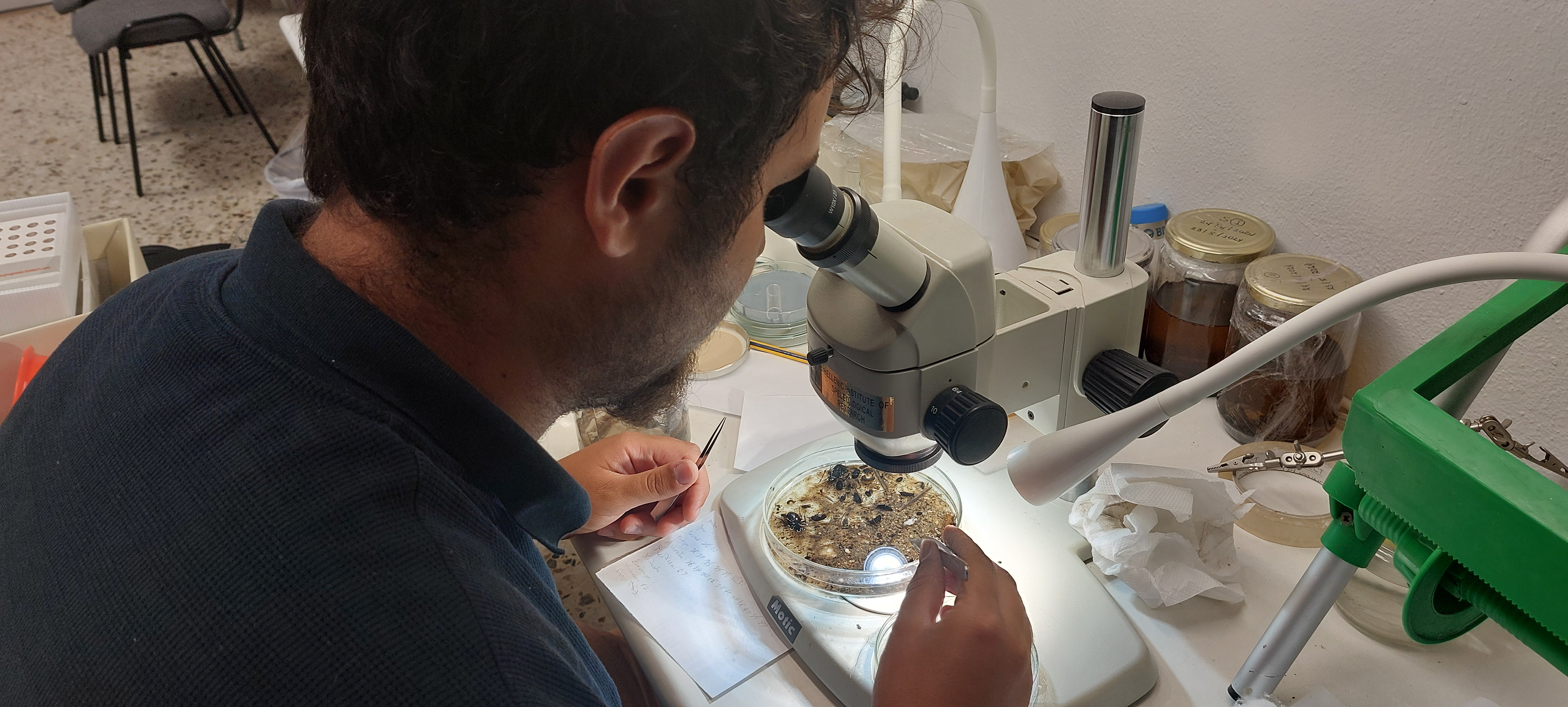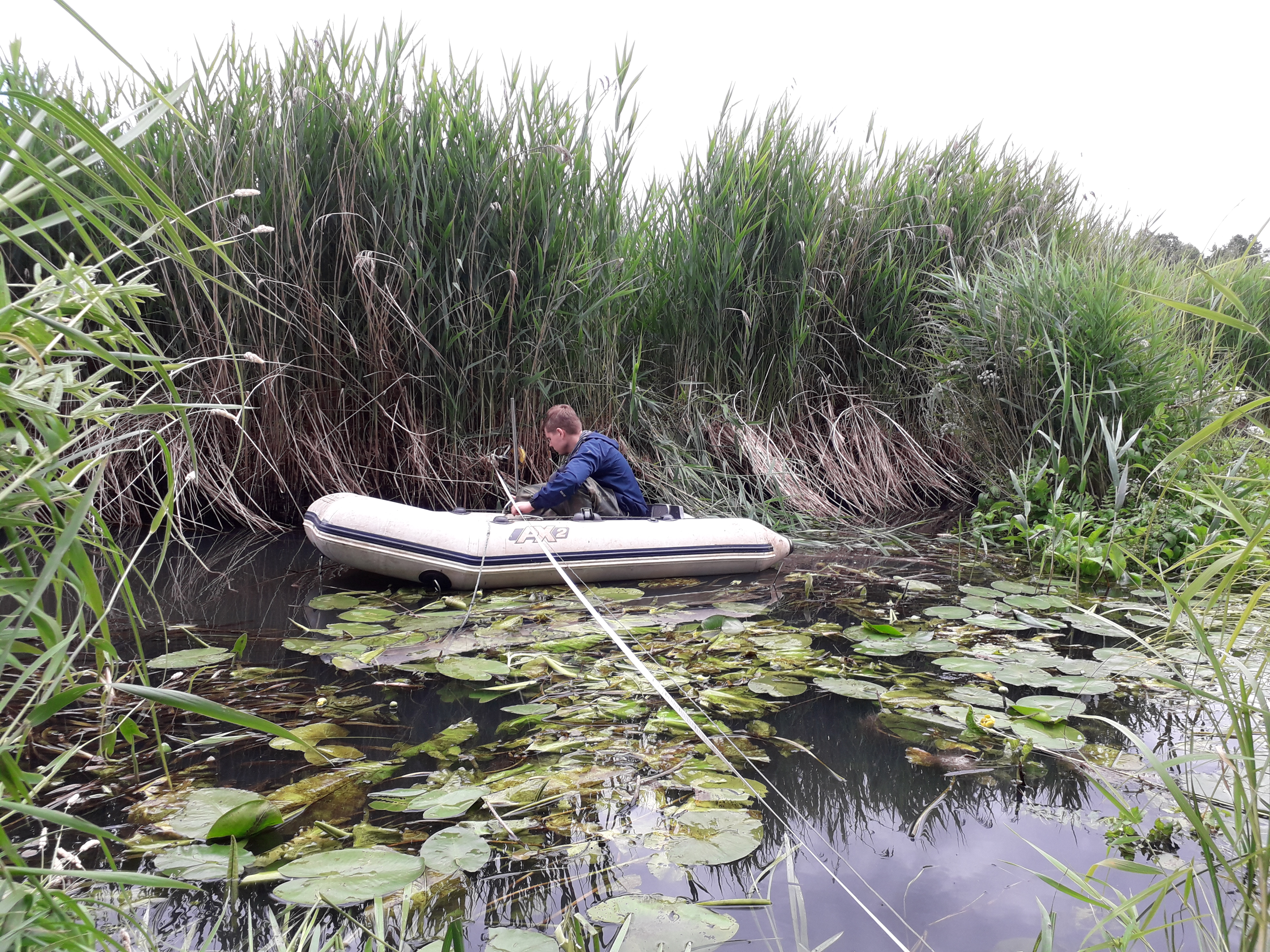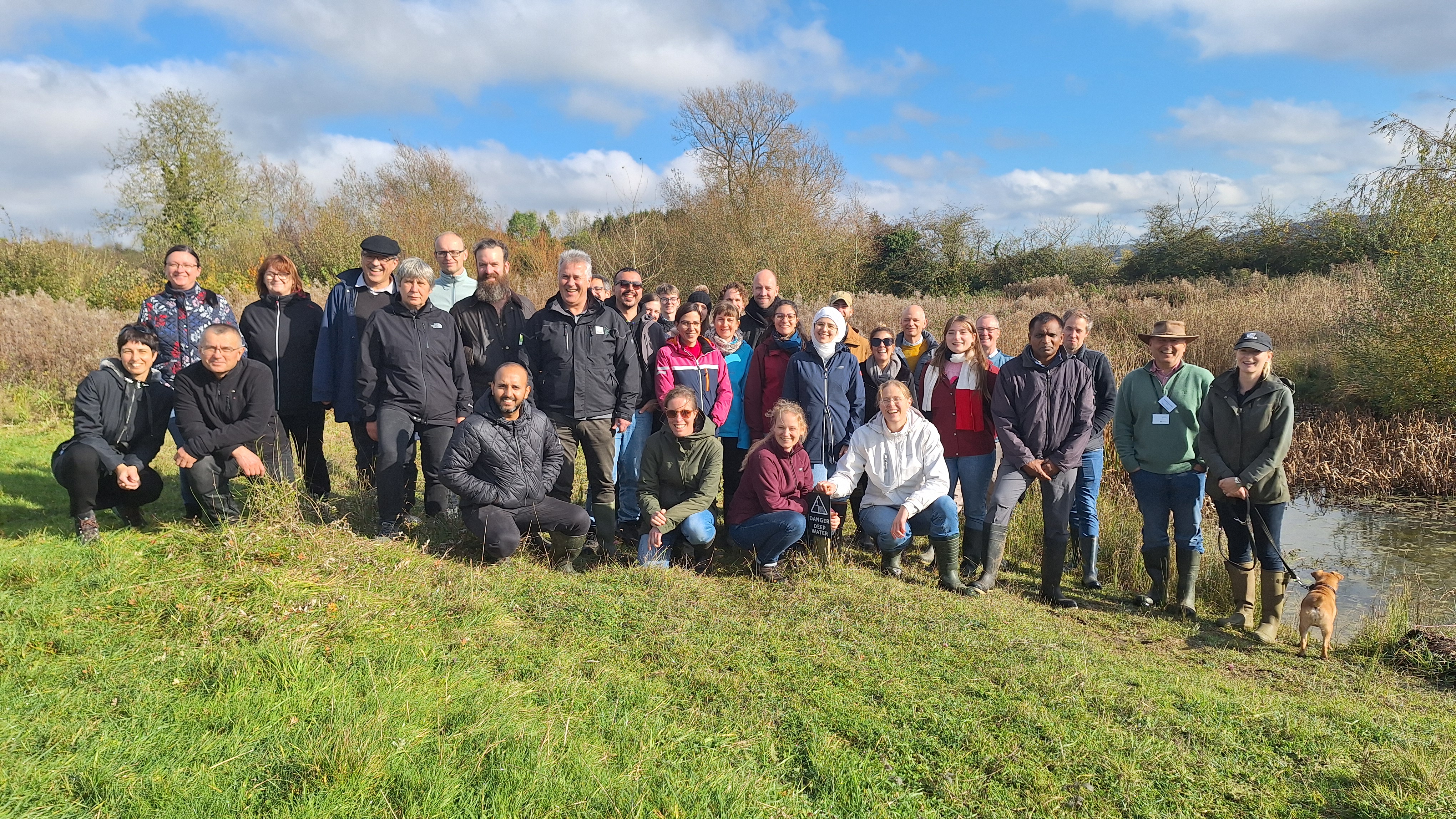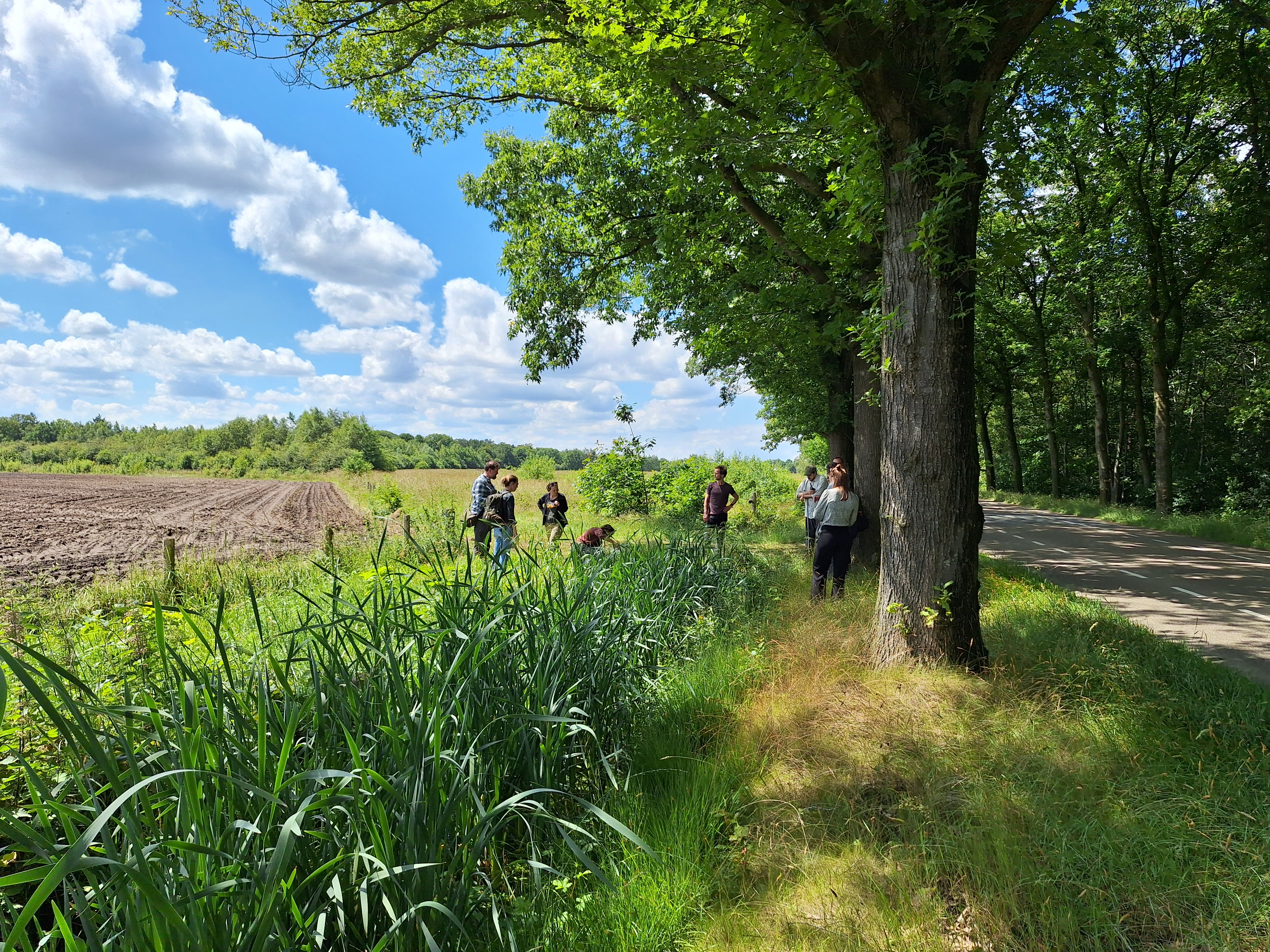
Read More
Last Wednesday, a diverse group of researchers from Deltares, Waterschap Brabantse Delta, Wageningen University, and Provincie Noord-Brabant went on a field visit to the Chaamse Beken. This area serves as a case study in the SpongeScapes project, as well as the NWO-Nat and NWO-Castor projects, which aim to make the area more resilient against floods and droughts.


